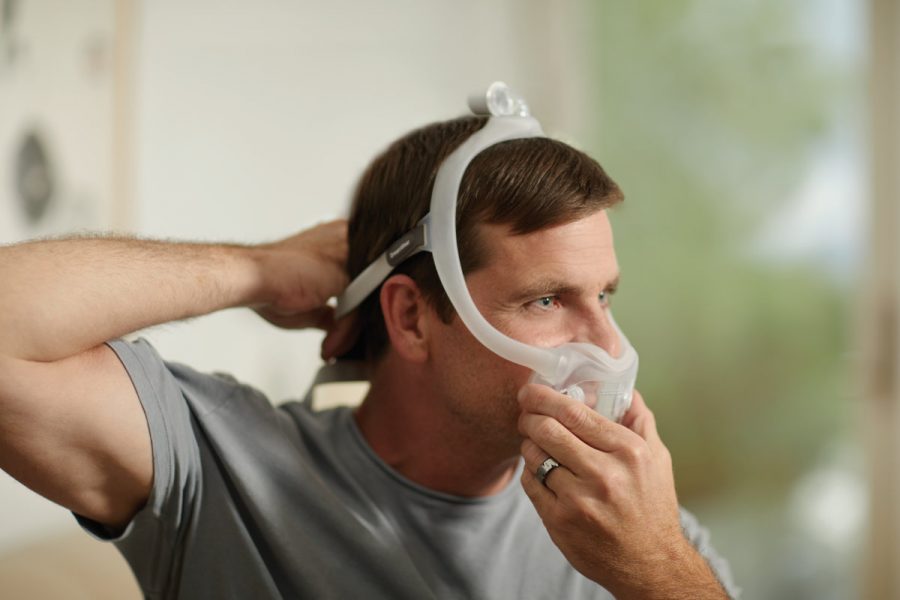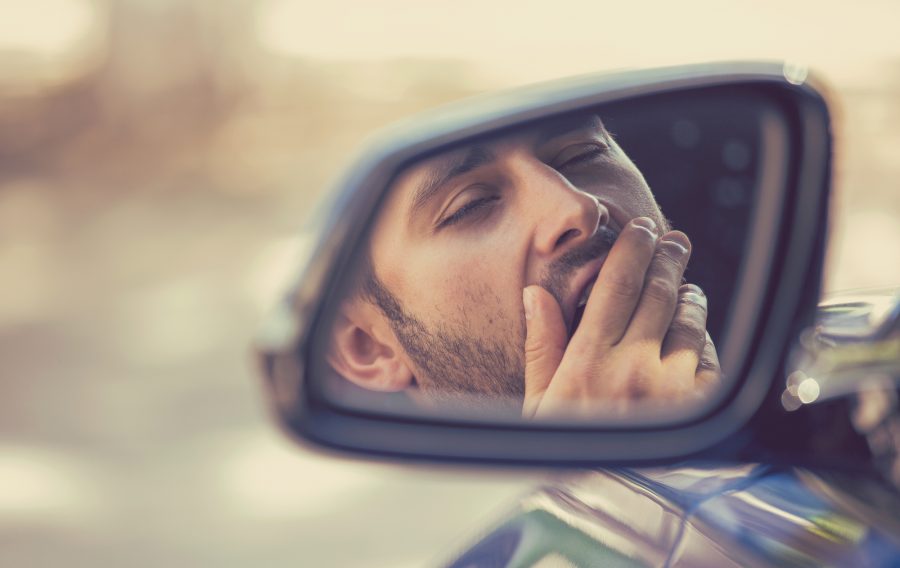Once you’ve got a routine down, CPAP therapy can be pretty easy. But can you improve your CPAP therapy with some minor tweaks? CPAP therapy benefits millions of people who suffer from Sleep Apnea. For some, it’s a difficult adjustment. For others, it quickly becomes second nature. Regardless, CPAP therapy can reduce snoring and eliminate most apneas. As a result, you get the healthy, restorative sleep your body needs!
Whether you’re new to CPAP therapy or have been on a CPAP for years, it never hurts to get some new tricks. Here are a few simple but essential tips to help maintain or improve your CPAP therapy:
- Clean your mask! It only takes a few minutes, but cleaning your CPAP mask in the morning when you wake up removes oils that transfer from your face to your mask.
- Clean your tubing! Simply hold the tubing in a u-shape and pour in some warm soapy water. Then, lift and lower each end to get the soapy water moving around the tube’s entire length, thoroughly cleaning the inside.
- Use those filters! Don’t use a CPAP machine without the filters. Filters play a crucial role in maintaining the life of your CPAP machine. Most devices have two kinds of filters: foam and ultra-fine. Use them both! Having clean filters means that whenever you take a breath, you’ll be receiving good clean air.
- Order your supplies at the frequency recommended by your insurance guidelines. This will help you get the best therapy possible! While your supplies might look okay after a lot of use, after time, the materials start breaking down — and not always in ways visible to the naked eye. When your supplies begin to break down, your therapy will not be as effective.
- Take charge of your therapy. If it feels like your CPAP therapy isn’t working, or isn’t working like it used to, do something about it! Do your supplies need to be replaced? Have your physical needs changed?
Tiny tweaks to improve your CPAP therapy can make sure you’re getting the most out of it. Remember, you can always call Sleep Central for advice. We’re here to help you get the most out of your CPAP therapy!


